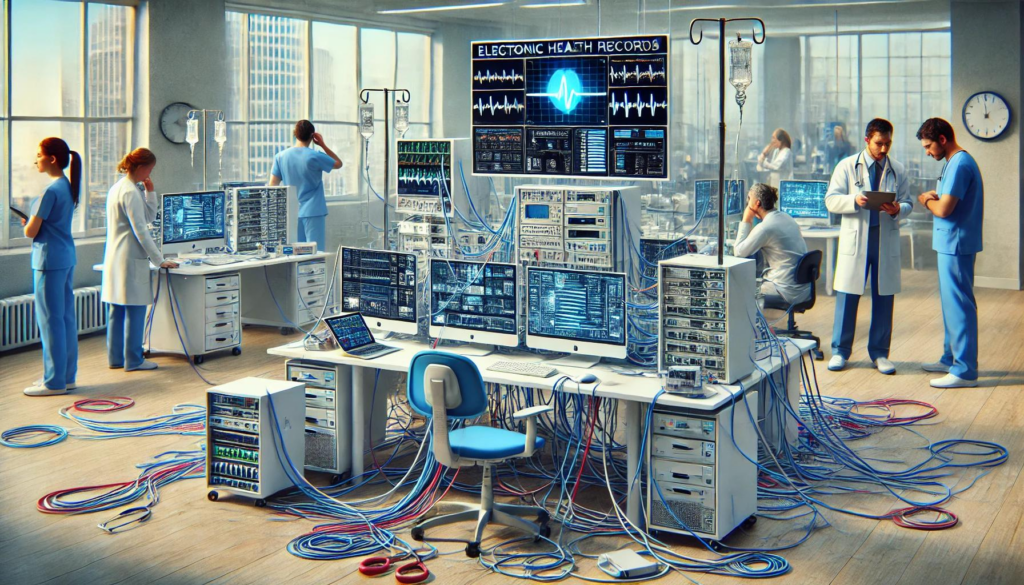As healthcare continues its massive shift to public cloud – evidenced by spending in 2015 at $3.73 billion that is now projected to reach $9.5 billion by 2020 – we’re seeing exciting opportunities to use emerging cloud technologies to better personalize healthcare.
We can use patient-centered technologies to extend care delivery beyond the four walls of a hospital or doctor’s office. In fact, it’s not just providers who are benefitting. Much of the emerging technology can be utilized by insurance companies to provide ‘high touch’ care to their customers, including coaching and counseling.
I’m often asked about machine learning technologies, and how they apply to healthcare. After all, it’s a massive investment of recent cloud services and upcoming features for AWS, Google, and Microsoft, as healthcare organizations strive to reduce medical errors, improve care, and optimize cost.
Machine learning in the cloud is playing a large role in the ability personalize healthcare. For example, machine learning is helping us detect diabetes or pre-diabetes before the patient requires hospitalization. This can dramatically reduce the need for expensive hospitalizations, and readmissions that follow.
And for those who have diabetes, technology is helping us improve quality of care and quality of life. Here are a few quick examples:
- Glucose monitoring systems: machine learning algorithms help automate the process of monitoring blood sugar levels and recommend adjustments in care.
- Nutritional coaching: Recommendations for meal options can be based on the specific diet criteria of the user; and can be pushed to their personal devices.
- Early diagnosis tools: Deep learning is being used to predict the onset of diabetic retinopathy, the leading cause of vision loss among diabetics.
Machine learning predictions are helping payers and providers to improve patient outcomes while reducing the potential spend on chronic care, currently costing billions of dollars of year.
I recently hosted a webinar with the CTO of Synzi, Mark Knudsen. In this, he and I take a deeper dive into the ways emerging technologies and good patient centered UX are improving and personalizing healthcare. You can give it a view on demand here.



